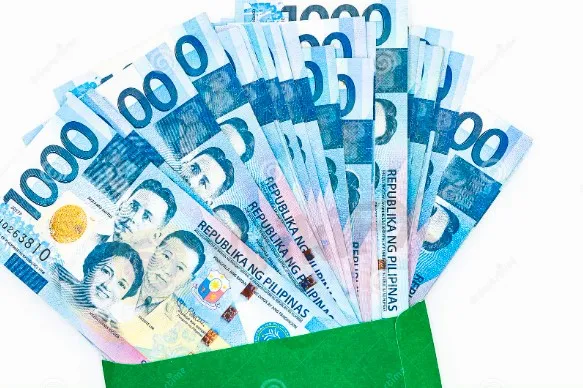简体中文
繁體中文
English
Pусский
日本語
ภาษาไทย
Tiếng Việt
Bahasa Indonesia
Español
हिन्दी
Filippiiniläinen
Français
Deutsch
Português
Türkçe
한국어
العربية
The Philippine Central Bank's modest rate hike raises bearish bets on the peso.
Abstract:Bearish bets on the Philippine peso increased as the central bank took a more cautious approach to tamping down inflation than its peers, while short positions on China's yuan eased following more stimulus and easing. COVID-19 restraints
Click Here: After you read it, Daily Routine with WikiFX
Short bets on the peso were at their biggest in at least four years amid concerns that the central bank's 25-basis-point boost this month won't curb inflationary pressures.
The peso has lost roughly 7% this year and is reaching a 16-1/2-year low.

The next governor of Bangko Sentral ng Pilipinas said the bank may contemplate greater rate hikes to strengthen the peso, but it won't match U.S. Federal Reserve policy tightening.
Bank of America analysts estimate a steady rate of tightening as the economy recovers and reopens.
Meanwhile, yuan bears receded on anticipation that removing COVID-19 limitations will boost the economy. The People's Bank of China hinted at accommodating policy, although its influence on the unit was modest.
The central bank restated its goal of making the yuan exchange rate more flexible and stable.
Short rupiah bets soared. Last week, Bank Indonesia kept rates at record lows and maintained a dovish approach, which analysts believe would weaken the currency.
The Indian rupee hit a record low on Wednesday amid fears about inflation, oil costs, and GDP.
Four-year high in rupee short positions.
Dealers favored Singapore's dollar. Singapore's primary consumer price index increased at its highest pace in almost a decade in May and is likely to peak around 4% in the third quarter.
Bearish bets on the South Korean won and Malaysian ringgit fell while Thai baht bets rose.
The Asian currency positioning survey asks analysts and investment managers about the Chinese yuan, South Korean won, Singapore dollar, Indonesian rupiah, Taiwan dollar, Indian rupee, Philippine peso, Malaysian ringgit, and Thai baht.
The poll uses net long/short positions from -3 to +3. +3 means the market is long U.S. dollars.
Non-deliverable forwards are included (NDFs).
Survey results (U.S. dollar vs. each currency):
Disclaimer:
The views in this article only represent the author's personal views, and do not constitute investment advice on this platform. This platform does not guarantee the accuracy, completeness and timeliness of the information in the article, and will not be liable for any loss caused by the use of or reliance on the information in the article.
Read more

Thinking of Investing? Read Must-Know Facts About Funding pips!
When you check the internet for Funding Pips, you'd be surprised to know it's filled with praise for Funding Pips but often lacks the real facts that traders need. Everything that seems too good to be true should always be verified first. It could be Fraud . So, we conducted research and collected several facts you must know about Funding Pips.

OctaFX Back in News: ED Attaches Assets Worth INR 134 Cr in Forex Scam Case
The Enforcement Directorate (ED) in Mumbai has attached assets worth around INR 131.45 crore. This included a luxury yacht and residential properties in Spain. Read this interesting story.

Oil Prices Stay Firm on Solid US Jobs Data
Oil prices stayed firm this week as the US labour department posted a better-than-expected payroll data in June 2025. Read this news in detail.

Truth About Angel One – Here’s What You Need to Know
Thinking about investing in Angel One? Wait! Know the essential things about the broker before Invest. It could be SCAM. Read, think, and invest .
WikiFX Broker
Latest News
Tokenized Stocks: Innovation or Just Another Wrapper?
XTB Launches Tax-Advantaged Retirement Accounts in Poland
Zaffex Broker Review
ECB Ends Easing Cycle, But The Eurozone Crisis Is Just Beginning
Amazon deploys its 1 millionth robot in a sign of more job automation
Gold Rush Again: What's Driving the Bullion Market Crazy Ahead of US Jobs Data?
10-year Treasury yield remains higher despite weak ADP jobs report
Blueberry Markets Revamps its Website
The private sector lost 33,000 jobs in June, badly missing expectations for a 100,000 increase, ADP says
MT4 and MT5 Platforms - Helping Traders Up Their Forex Trading Game
Currency Calculator


